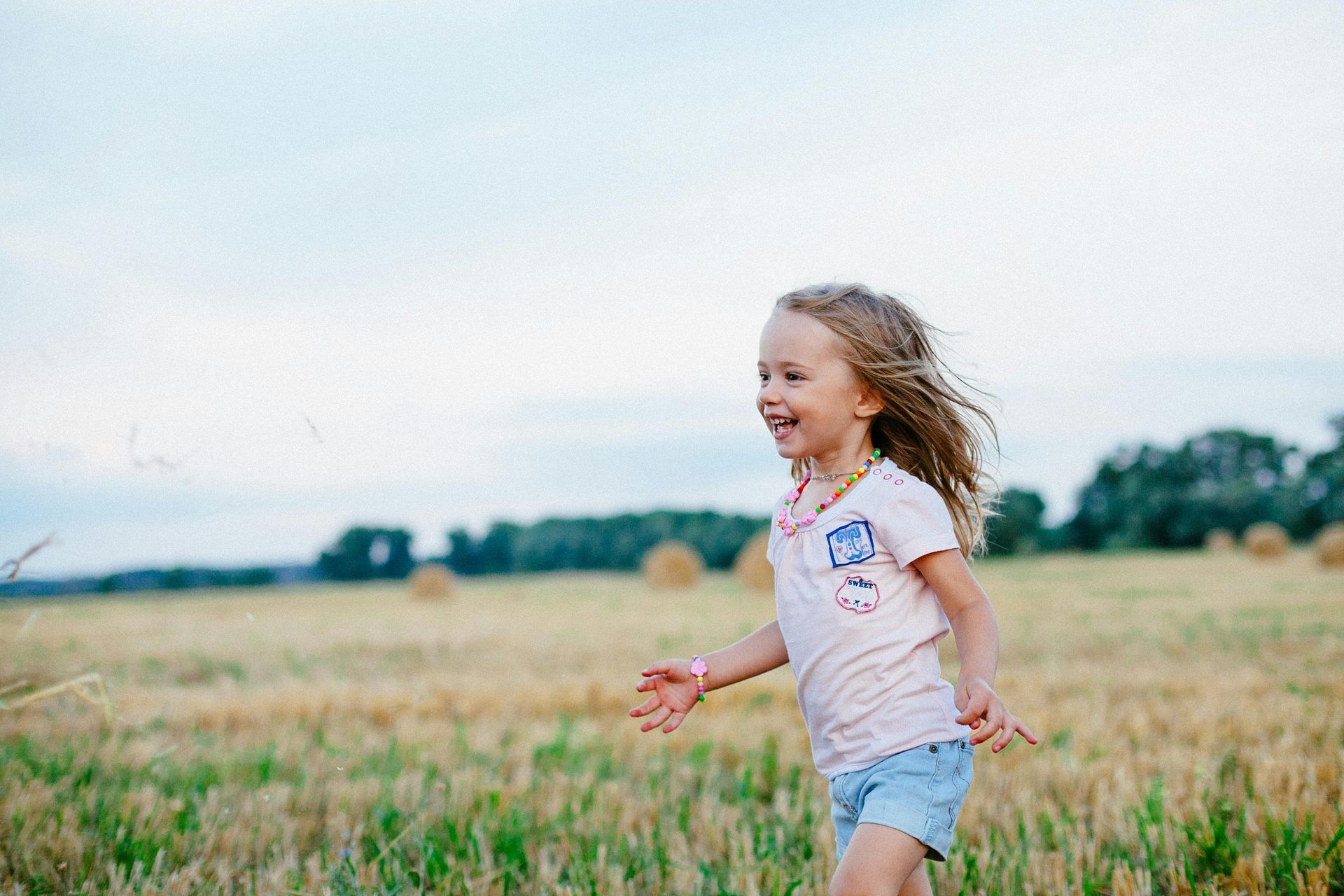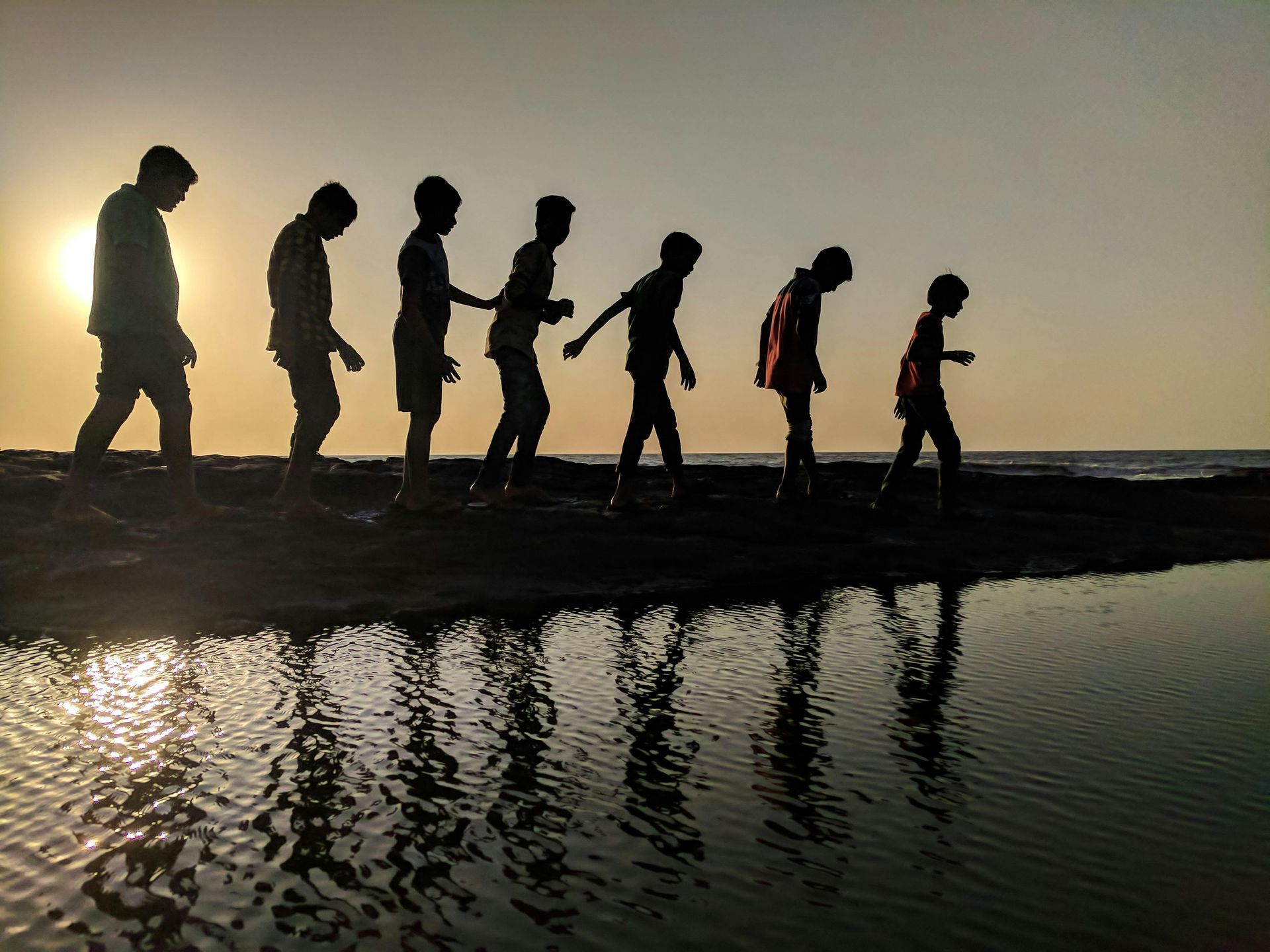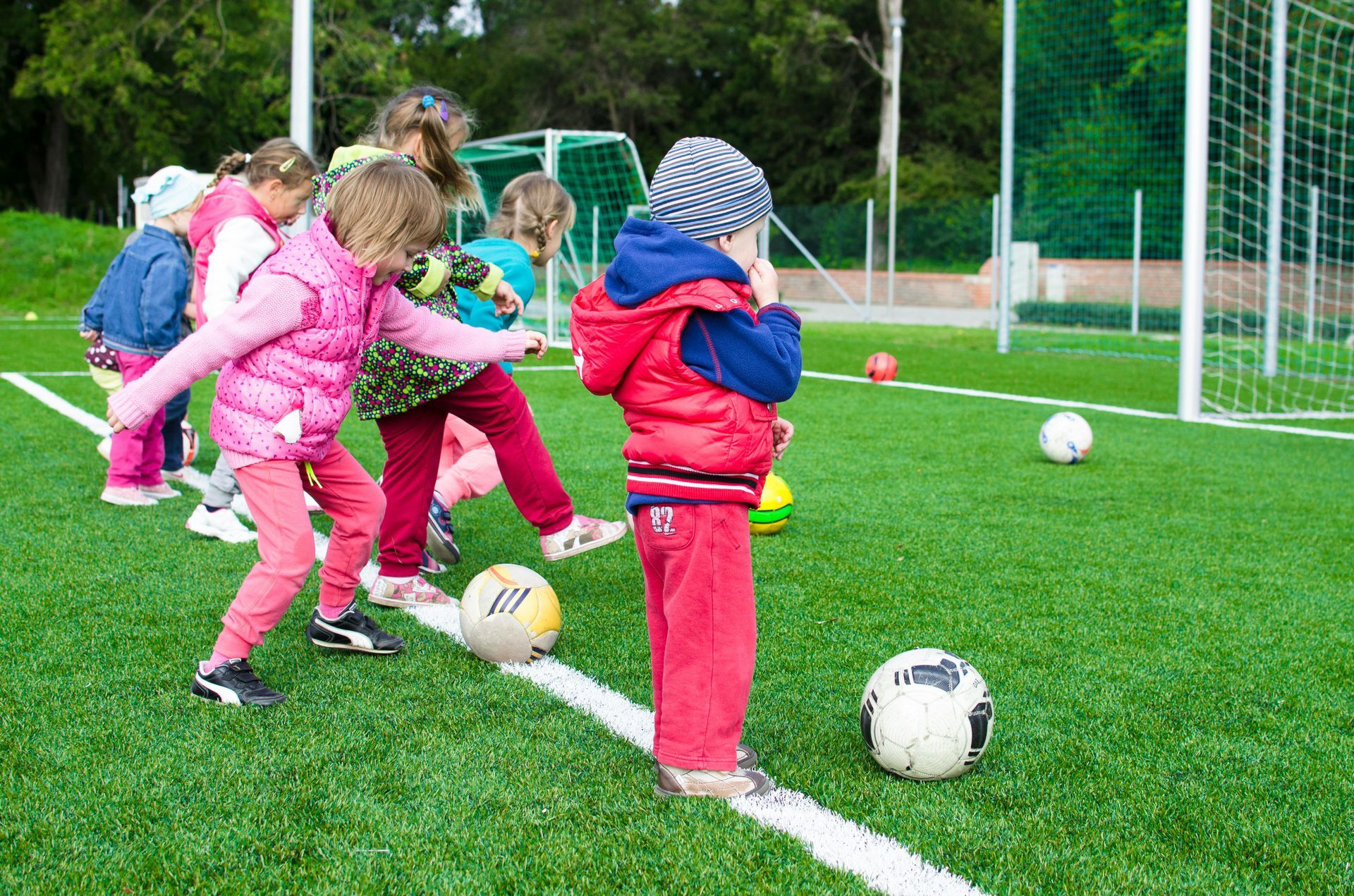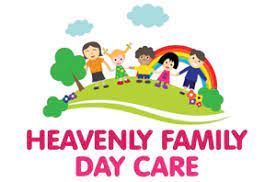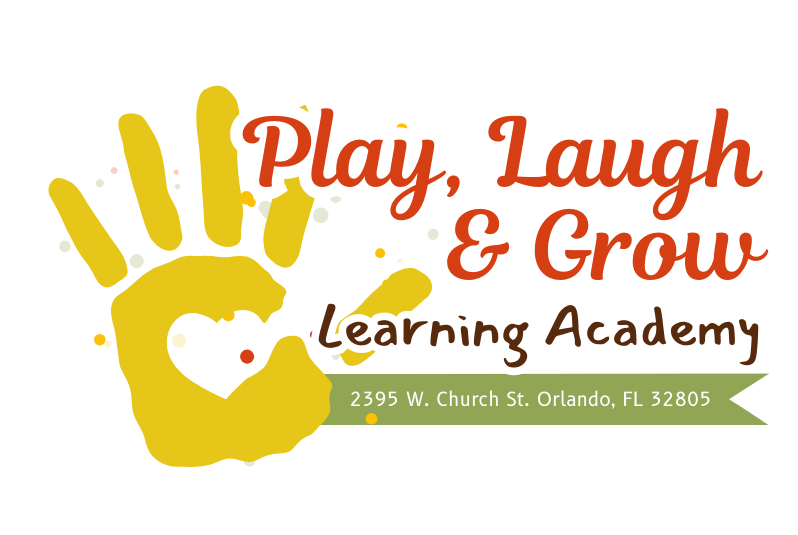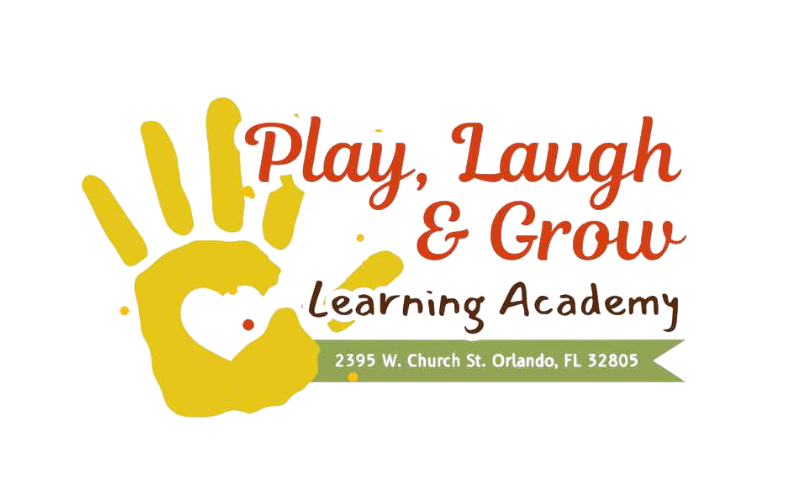The Importance of Social Skills in Early Childhood Education
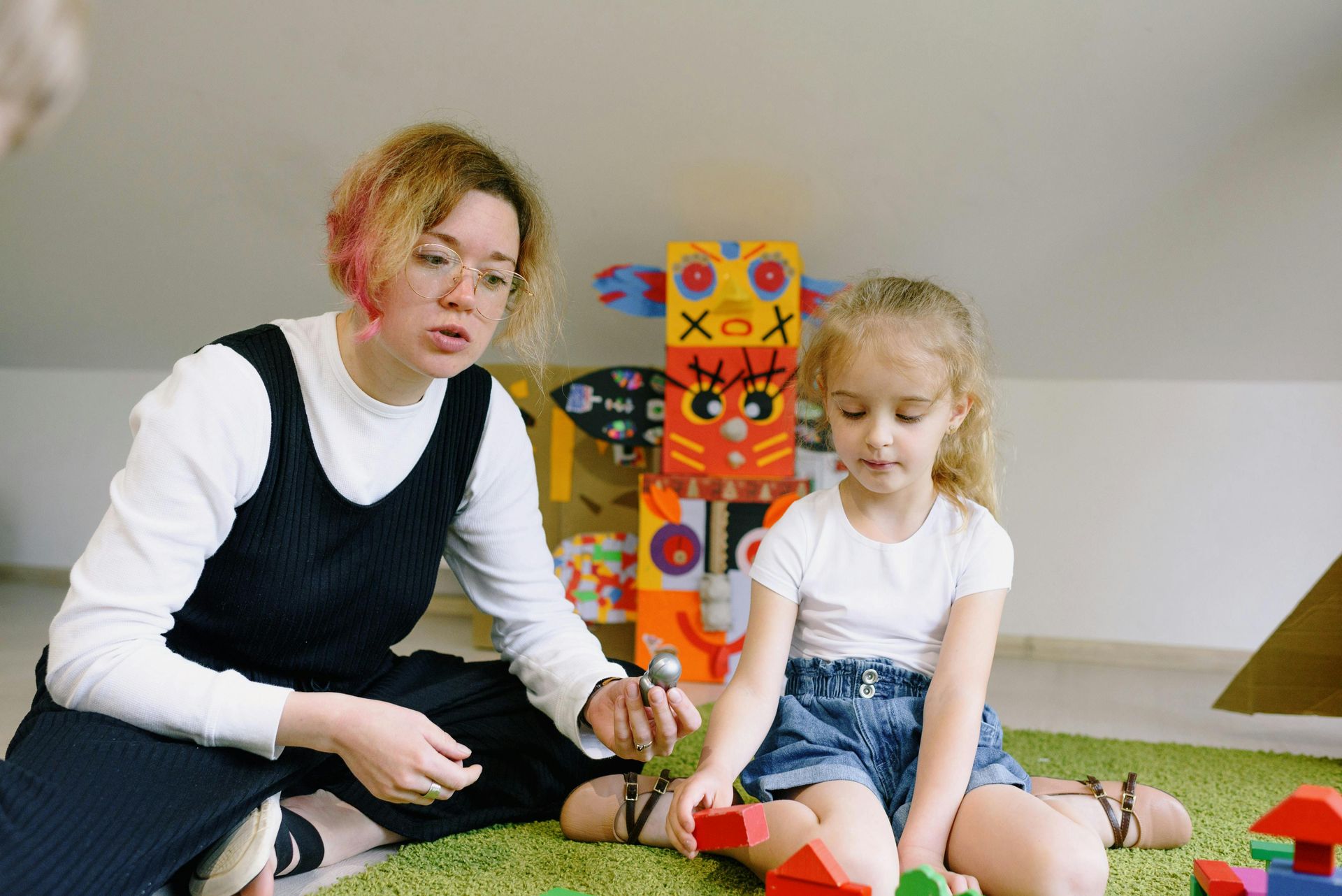
Social skills are among the most crucial components of a child’s early development. At Play Laugh and Grow Academy, we believe that developing strong social skills in the early years forms the foundation for success in both school and later in life. Social skills encompass everything from making friends and cooperating with peers to managing emotions and resolving conflicts. In this post, we will explore the vital role social skills play in early childhood education and how fostering these skills can benefit children long into their future.
Why Social Skills Matter in Early Childhood
The early years of life are a time of intense social growth. From the moment they interact with their caregivers and peers, children begin learning how to navigate social situations. Strong social skills at an early age are linked to better academic performance, healthier relationships, and greater emotional well-being. Here’s why these skills are so important:
- Foundations of Positive Relationships: Early childhood education helps children understand how to interact with others in a positive way. Whether through play, group activities, or classroom interactions, children learn how to share, take turns, express themselves, and show empathy toward others.
- Academic Success: Studies have shown that children with strong social skills tend to perform better academically. Socially skilled children are more likely to ask questions, participate in class discussions, and work effectively with others. They also have an easier time dealing with school-related stressors and challenges.
- Emotional Development: The ability to communicate feelings, understand others’ emotions, and manage one’s own emotions is essential for emotional development. Children who learn emotional regulation through social interactions are less likely to experience behavioral issues and more likely to thrive in school and in life.
- Coping with Challenges: In both school and life, challenges will inevitably arise. Children who possess strong social skills can navigate these challenges more effectively. They are better equipped to ask for help, seek support from peers and teachers, and overcome obstacles with resilience.
How Early Childhood Education Fosters Social Skills
At Play Laugh and Grow Academy, we recognize the importance of social development in young children. Our curriculum is designed to integrate social learning into every aspect of daily activities. Here’s how we foster the development of social skills in our students:
- Group Activities and Playtime: Play is a natural and powerful way for children to develop social skills. During structured playtime, children learn to cooperate, share, take turns, and work in teams. These group interactions also help children learn how to communicate, resolve conflicts, and manage emotions. For instance, when children engage in group storytelling or play pretend games, they practice teamwork and creative problem-solving.
- Conflict Resolution: We teach children the skills they need to resolve conflicts in a peaceful and productive manner. When disagreements arise, teachers guide children through the process of discussing their feelings, understanding others’ perspectives, and finding a solution together. This helps children develop empathy and conflict-resolution skills that they will carry with them throughout their lives.
- Positive Reinforcement and Encouragement: Social skills are reinforced with positive feedback. When children exhibit behaviors like sharing, helping others, or showing kindness, they are praised and encouraged. This positive reinforcement boosts their confidence and encourages them to continue developing their social skills.
- Modeling Positive Social Interactions: Teachers at Play Laugh and Grow Academy serve as role models for positive social interactions. They demonstrate how to communicate respectfully, listen attentively, and resolve disagreements with kindness. By observing these behaviors, children learn how to apply them in their own interactions with others.
- Structured Social Skills Lessons: While much of social learning occurs organically, we also incorporate structured lessons on social skills. These lessons teach children how to introduce themselves, make friends, ask for help, and work with others. We also discuss important social concepts such as kindness, empathy, fairness, and respect for differences.
The Long-Term Impact of Strong Social Skills
The benefits of developing social skills in early childhood extend far beyond preschool. Children who are skilled in social interactions have a better chance of:
- Building Healthy Relationships: Strong social skills form the foundation for healthy friendships, positive peer interactions, and successful relationships later in life. Children who develop these skills are more likely to have lasting friendships, collaborate effectively in school projects, and form meaningful connections with others.
- Managing Stress and Anxiety: Socially skilled children are better equipped to manage stress, anxiety, and other challenges. They know how to reach out for support, express their feelings appropriately, and cope with difficult situations in a constructive way.
- Succeeding in School: Socially adept children are often more successful in school. They participate actively in class, engage in group discussions, and work well with their peers. They are also more likely to be emotionally resilient, handling school pressures with confidence and ease.
- Becoming Effective Communicators: Strong social skills lay the groundwork for effective communication throughout life. Whether it’s giving presentations, participating in meetings, or simply talking with others, children who learn how to communicate well at an early age are more likely to be confident speakers and listeners as adults.
- Promoting Emotional Well-Being: Children who are adept at managing their emotions and relating to others are more likely to experience positive mental health outcomes. They are less likely to develop anxiety, depression, or behavioral problems, and are better at forming positive, supportive relationships with family, friends, and peers.
Practical Tips for Parents to Support Social Skill Development
Parents can play an important role in helping children develop social skills at home. Here are some practical tips to encourage social development outside of the classroom:
- Play Together: Engage in cooperative play with your child. Board games, puzzles, or pretend play are excellent opportunities for children to practice sharing, taking turns, and working as a team.
- Model Positive Social Behavior: Children learn by example. Be mindful of how you interact with others in front of your child. Show them the importance of respect, kindness, and empathy through your actions.
- Encourage Group Activities: Arrange playdates or group activities with other children. Socializing with peers gives children the opportunity to practice their social skills in different settings and with different personalities.
- Teach Conflict Resolution: Help your child understand how to handle conflicts in a healthy way. Discuss strategies for expressing emotions calmly, understanding others’ points of view, and finding solutions to disagreements.
- Praise Positive Social Behavior: When your child demonstrates positive social behavior—such as helping others, sharing, or showing kindness—praise them for their efforts. Positive reinforcement encourages them to continue practicing these skills.
Explore how early childhood education shapes lifelong learning and the vital role of emotional intelligence in fostering success in the blog posts
Building Strong Foundations: How Early Childhood Education Shapes Lifelong Learning and
The Importance of Emotional Intelligence in Early Childhood Education.
Conclusion
Social skills are essential for a child’s development and success in life. At Play Laugh and Grow Academy, we recognize the importance of nurturing these skills from a young age. By integrating social learning into every part of our curriculum, we ensure that children not only develop academic knowledge but also build the emotional intelligence and social skills they need to thrive in the world. By fostering these skills early on, we help create well-rounded individuals who can navigate life’s challenges with confidence and kindness.

